Some of the most difficult vitamins to get on a vegan diet are vitamins B12 and vitamin D.
Both of these vitamins are naturally available in animal-based products. Both are typically found in animal meat, fish, eggs, and dairy.
With that said, there aren’t a lot of options for vegans in terms of “natural” sources of vitamin D and vitamin B12. This is why some vegans choose to use supplements to make up for the lost vitamins that they can’t easily get with diet alone.
I, personally, have not always been a fan of “popping pills” though, so the idea of swallowing a supplement pill to get the nutrition I need is not very appealing to me.
That is why I have tried to find alternative sources of vitamin D and vitamin B12 that I can eat or drink.
Although some of these sources may not be 100% “natural” (since some are enriched or fortified with vitamins), they feel more natural to me than opening a pill bottle and gulping down a handful of pills.
Here, I’ll share the foods I eat or drink today to add vitamin D and vitamin B12 to my diet without using supplement pills.
Enriched non-dairy milk
What’s great about our food industry is that they’ve figured out a way to enrich and fortify foods to make up for the vitamins and minerals that most people may lack in their everyday diets. You see this a lot in breakfast cereals, which are basically just processed wheat with a bunch of added vitamins and minerals. You also see this in cow’s milk, which is fortified with vitamin D. And guess what? You also see this in cow milk’s non-dairy alternative: non-dairy milk.
I’m talking about soy milk, almond milk, rice milk, hemp milk, chia milk, etc…Many of these non-dairy milks, which are catered toward vegans and vegetarians, are enriched with vitamin D and B12 (alongside calcium and Vitamin A), making these beverages not only a delicious way to get some vitamins, but also a great vegan drink to pair with a breakfast or mix into a smoothie.
My non-dairy milk of choice for the longest time was Rice Dream’s Enriched Rice Milk.
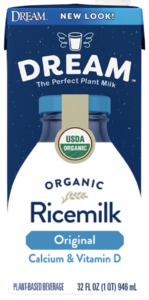
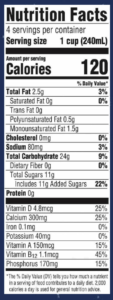
Rice Dream’s Enriched Rice Milk has 25% of your daily needs of vitamin D and 45% of your daily needs of vitamin B12 in just 1 cup (based on a 2,000 calorie diet).
To me, this milk has a similar taste and texture to real cow’s milk, so it satisfied my craving for cow’s milk, which was something I drank almost everyday as a kid.
I’ve since transition away from Rice Dream’s Enriched Rice Milk to Silk’s Unsweet Soy Milk, as the latter has less calories and more protein than the former.
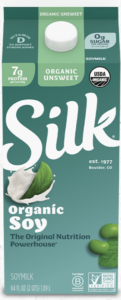
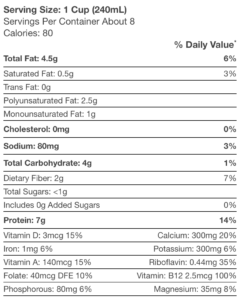
Silk’s Unsweet Soy Milk has 15% of your daily needs of vitamin D and 100% of your daily needs of vitamin B12 in 1 cup (based on a 2,000 calorie diet), which is a great amount.
Silk has many soy and other non-dairy milk products. I prefer to go for the unsweetened version as I don’t need all the additives that give their other products different flavors. With that said, it does not have the same taste as cow’s milk, but the lightly creamy texture is still there.
These are just 2 of my personal preferences for non-dairy milks or beverages based on vitamin availability and taste/texture. Note that most non-dairy milks are enriched or fortified with additional vitamins and minerals, but not all of them are. Make sure you read the nutrition labels and select the ones that have a good amount of vitamin D and vitamin B12 (at least 10% for each).
Mushrooms
Mushrooms are one of those rare vegetables that have a significant source of Vitamin D. The ones I eat are these ones I find at Walmart that specifically say “high source of vitamin D”.


These white mushrooms have 100% of your daily recommended Vitamin D in one 2/3 cup serving (raw), which is pretty awesome.
I typically like to pair my mushrooms with a calcium-rich vegetable (like broccoli or bok choy), since calcium needs Vitamin D to effectively be absorbed by your body. All of this is usually topped with 1-2 tablespoons of nutritional yeast for both the flavor and B vitamins.
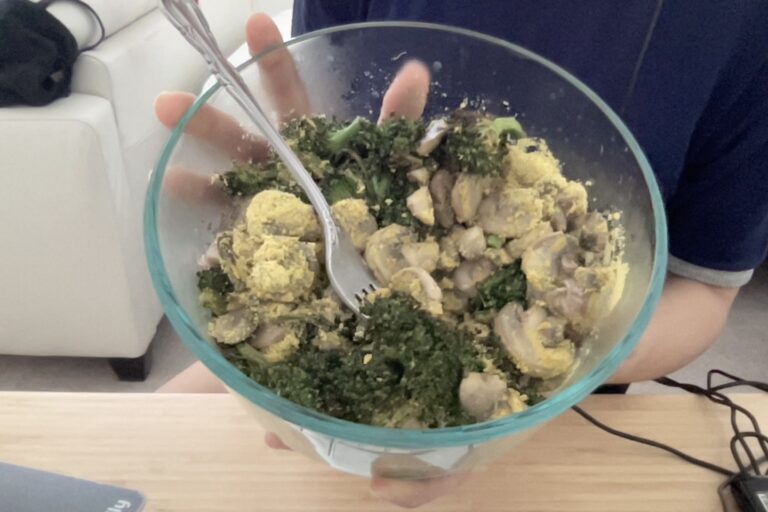
Nutritional Yeast
Nutritional yeast (aka “nooch”) is non-active yeast that has been enriched with all sorts of B vitamins, including vitamin B12. The enriched B vitamins in nutritional yeast give it a yellow color (which, fun fact, will also make your pee super yellow too!), and the texture of the yeast itself is light and flakey so that it can be sprinkled or garnished on top of foods for additional flavor (although you can also make entire sauces from it too).
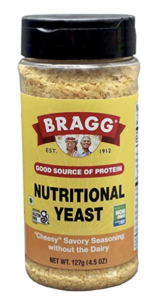
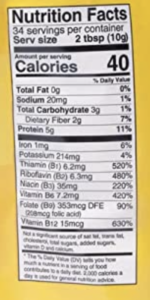
One tablespoon of nutritional yeast packs a whopping 320% of your daily recommended value of Vitamin B12, so sprinkling this on top of your meals is a super easy way to get all of your Vitamin B12 for a couple of days.
As mentioned above, I typically add nutritional yeast to my vegetables for additional flavor, but I have also added them to my beans and quinoa. Basically, anything that you can salt, you can just add nutritional yeast and it tastes just as good. (By the way, nutritional yeast itself does not contain added salt).
The nutritional yeast I buy–and the one you will typically find at the grocery store–is the one produced by Bragg. One bottle usually ranges between $5-$8 dollars. Sometimes, Walmart has their own version of nutritional yeast in stock, but honestly, it’s not as good as the Bragg one (and also not as yellow as the Bragg one either). So I would recommend skipping the Walmart-branded nooch and sticking with the more mainstream one.
Ocean's Halo Broths
Ocean’s Halo is a super interesting vegan food brand. They make a variety of vegan pantry foods, but the ones I have tried and enjoyed and which have a surprising amount of Vitamin D are their broths, specifically their pho broth, ramen broth, and miso broth.
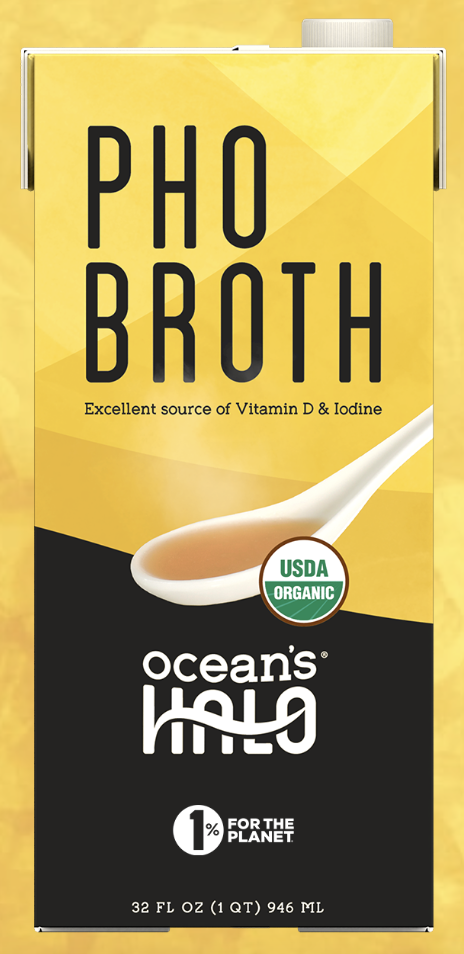
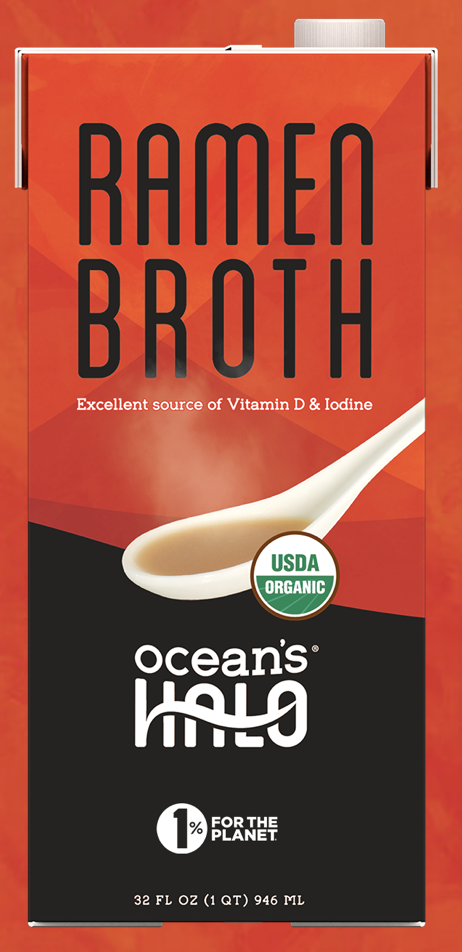
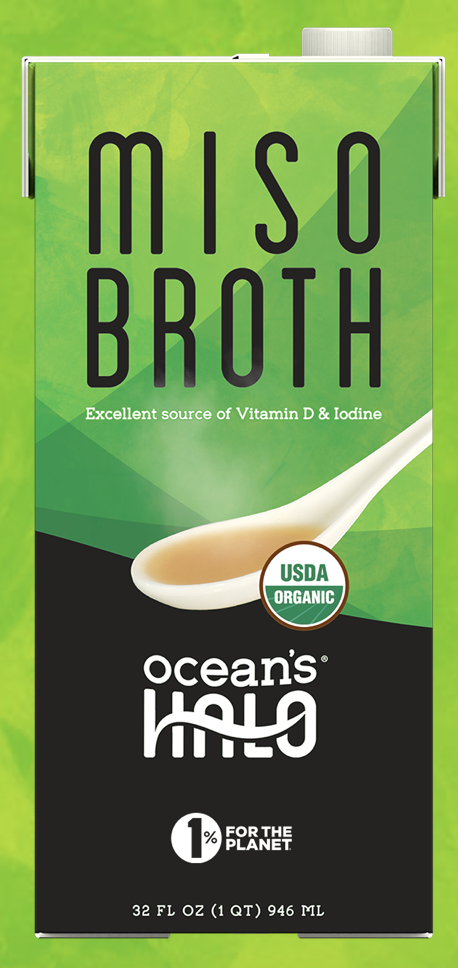
These broths have 48%, 26%, and 40% of your daily recommended Vitamin D in just a single 1 cup serving. That is more Vitamin D than found in a 1 cup serving of non-dairy milk, and this is not because they enrich or fortify their broths. Instead, Ocean’s Halo takes extract from kelp, which is naturally high in vitamin D, to give their broths a vitamin D boost.
In terms of flavor, I will say that their broths all kind of have the same seafood-y type of flavor (probably from the kelp) and all lean more on the salty side. So to me, they don’t have the best flavor in the world, but the fact that they have figured out how to infuse their broths with naturally occurring vegan sources of vitamin D trumps whatever flavor their broths have.
MadeGood Granola Bars
This Canadian food company makes vegan granola bars that are loaded with vitamins from vegetable extracts.
One of the vitamins that this granola bar is loaded with? — Vitamin D. 20% of the daily recommended value (based on a 2,000 calorie diet) of vitamin D is inside one of these tiny granola bars.

This is surprising given that most vegan granola bars (and granolas in general) have no Vitamin D content.
This is also surprising because they do not list “Vitamin D” as an ingredient, which would indicate that the bar is enriched or fortified with the vitamin. Instead, they have somehow extracted vitamin D from vegetable sources (my guess? from shiitake mushrooms, which is listed in the “vegetable extract” ingredient list) and infused that into the granola bar.
Is this is true, then this is amazing and genius.
And if this is not true, then still, it’s pretty cool that I can enjoy a granola bar knowing that it’s actually got some serious nutritional value (most granola bars are just lots of carbs and sugar with very little vitamins)
The Takeaway
Some people hesitate to change diets, especially if it means eliminating their favorite foods. For me, the hesitation was not in eliminating taste, but rather in eliminating sources of naturally occurring vitamins and minerals that would be difficult to find on a vegan diet.
For vitamin D and vitamin B12 specifically, I heavily relied on eggs as a vegetarian and was scared to let them go. But once I pulled the trigger, I found other sources of vitamin D and vitamin B12 that gave me even more than what 2 eggs a day could offer…and without popping a single supplement pill.
In the end, it’s possible to get the nutrition that you need without relying on animal products and supplement pills. Maybe the food options for vegans aren’t as numerous and vast as those available for carnivores, but as more companies develop vegan food alternatives, I assure you there will be (and probably already are) plenty more vegan-friendly food options that are enriched, fortified, and extracted with the vitamins and minerals our bodies need without being dependent on animals or pills.
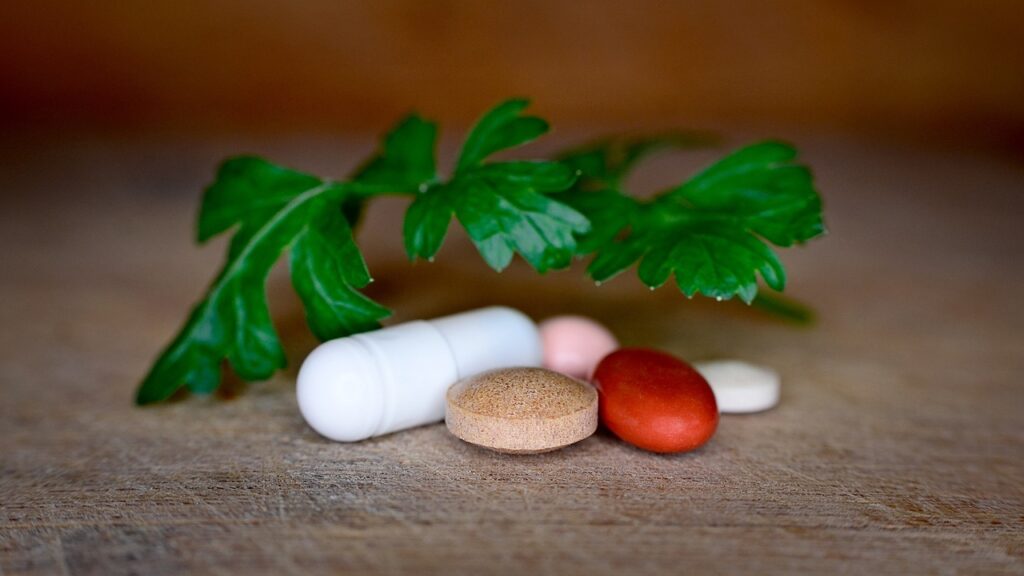

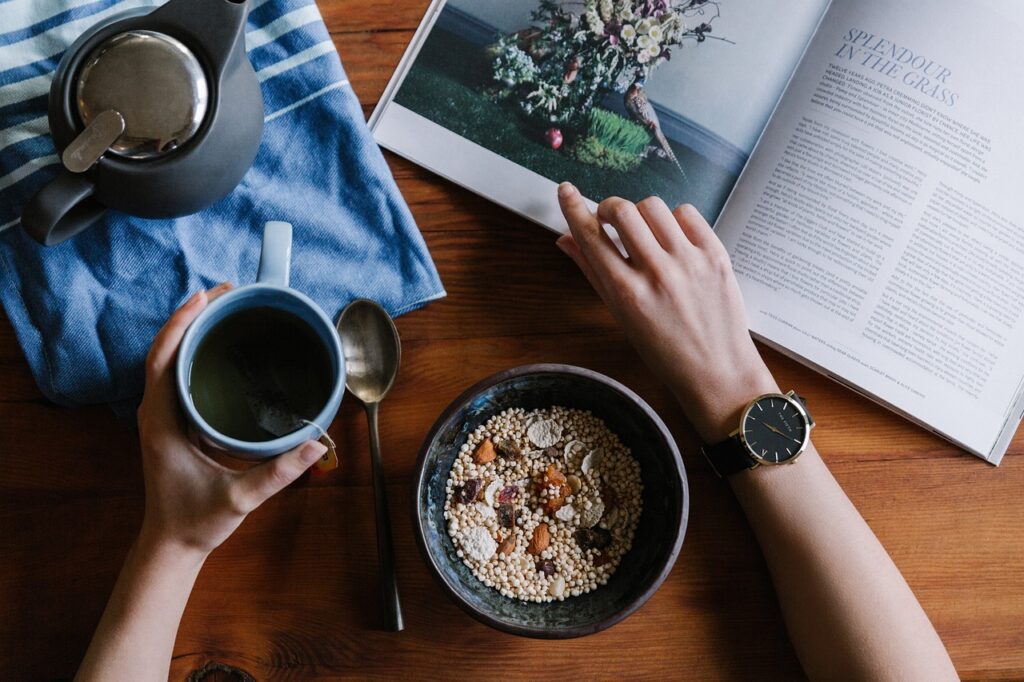

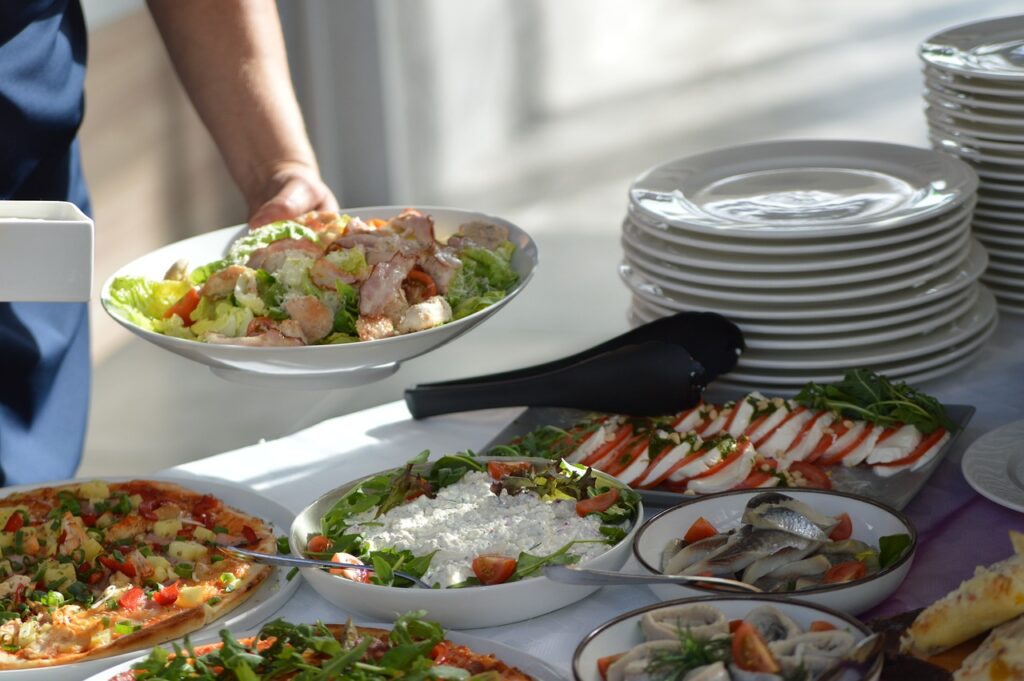
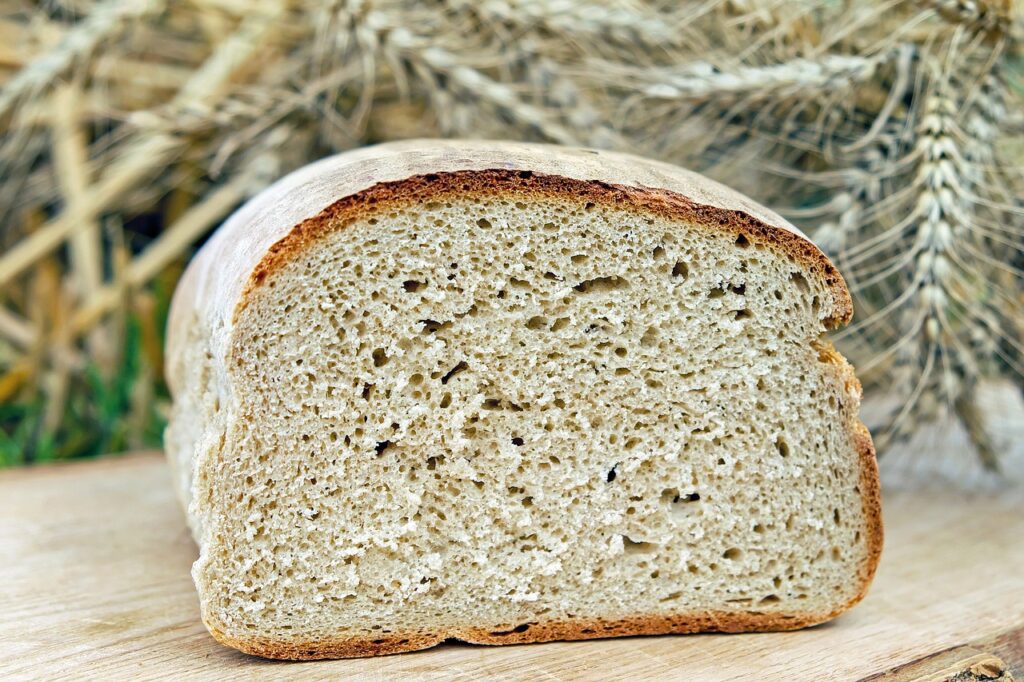
Pingback: How to transition to a vegan diet – Give it to me vegan